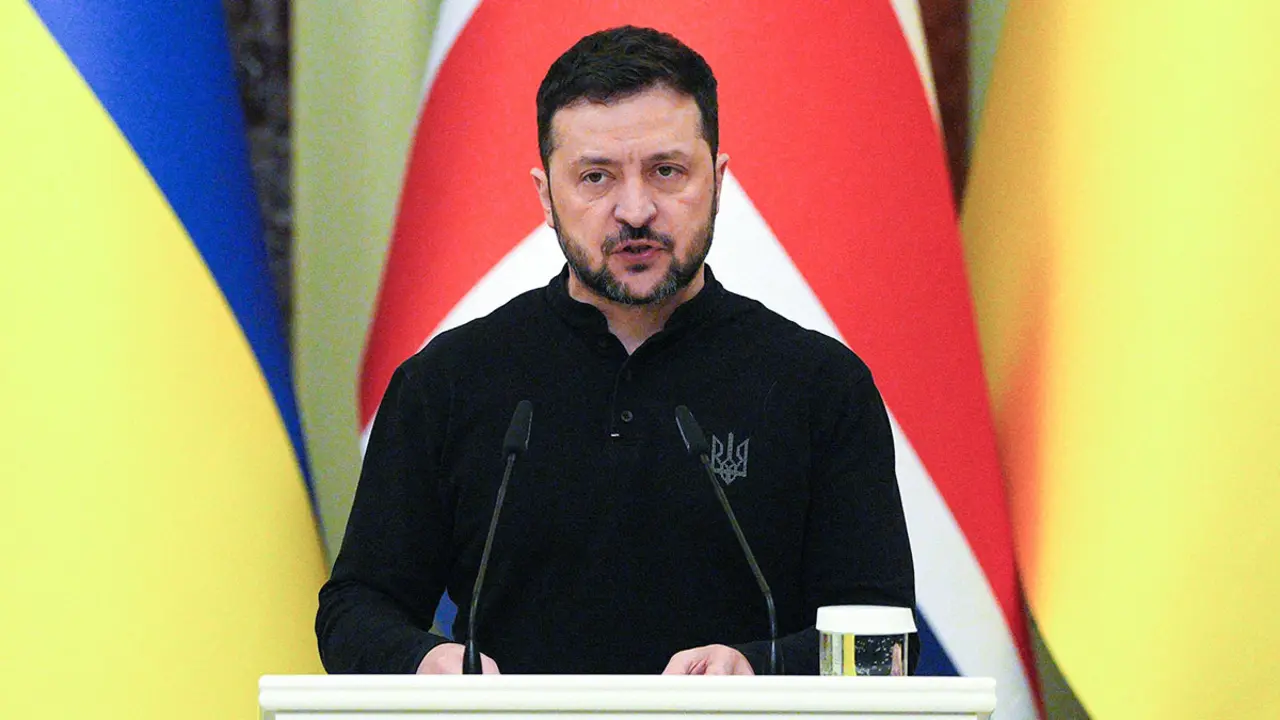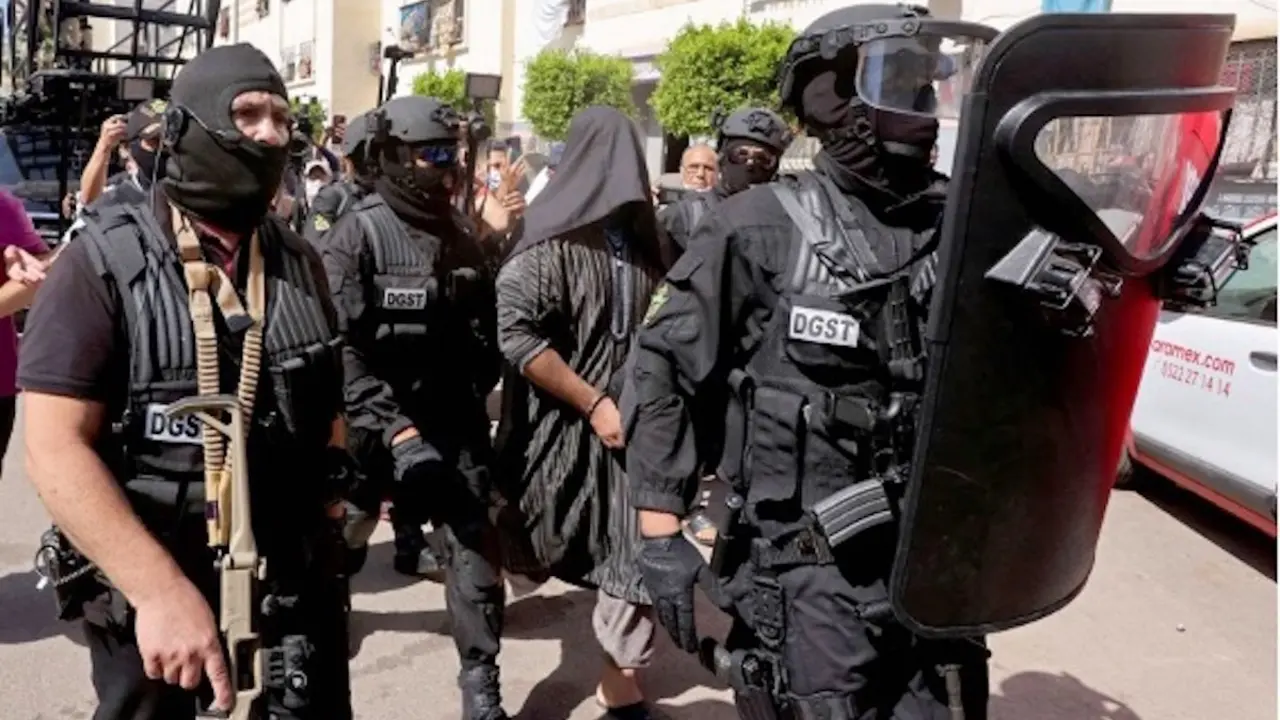Esmirna, historia y modernidad en Turquía

Travelling to Turkey is always an exceptional experience. The entrance to Istanbul by boat on the Bosphorus impresses in a way that can only be understood by experiencing it. Beyond the mythical Istanbul, crossroads of roads and civilisations between East and West, Turkey offers numerous opportunities to enjoy idyllic beaches, its history, its cultural and archaeological heritage of Ephesus, Izmir and Aspendos, its monasteries and palaces, its natural treasures such as the castle of Pamukkale, or the geological formations of Cappadocia and the statues of Mount Nemrut. Anatolia continues to offer magnificent experiences. The coronavirus pandemic has also hit Turkey, where restrictions have significantly affected tourist arrivals and foreign exchange earnings.
At a time when a large part of citizens in all countries are anxiously awaiting the end of the latest wave of the virus so that they can regain their true normality, one destination on the Turkish coast stands out because it combines history, beach and modernity. "Visit Izmir", Turkey's third largest city in terms of population. Sea, sand and sun await those who have tirelessly traversed the magnificent remains of iconic sites such as Bergama and Ephesus, and who will find an impressive variety of Mediterranean flora, ecological sites and forests between the coastal waters and the 2,000-metre-high mountains. And what surprises the traveller even more, when encountering flamingos, is a nature reserve in the Gediz delta that is home to 5% of the world's population of these birds that share their habitat with pelicans and other aquatic mammals.
Konak, the historic centre of Izmir, offers a journey through history with its museums, squares, mosques, bazaars and its ancient lift to a tower with a privileged view of the city and its coastline, a modern city with a bay that water sports enthusiasts can enjoy all year round.

Visiting these ancient jewels, a UNESCO World Heritage Site, allows us to get to know, understand and broaden our vision of a key region in the history of humanity as a gateway between the West and the East, which has undergone various changes over time and which today represents an essential point for anyone who wants to know how history has evolved and how it has affected us Mediterranean countries. And it continues to influence many aspects of our lives. Izmir as a connecting point for trade routes and different cultures. The people of Izmir are proud to boast of being the roots, the creators and promoters of trade, democracy, medicine, philosophy, oil culture, Mediterranean gastronomy and faith, with the three monotheistic religions building and respecting their temples in a clear example of coexistence.
Izmir has a history of 8,500 years that blends with its modern neighbourhoods, allowing you to experience every step of human history from Neolithic times to the present day.
The Asclepeion of Pergamon, built in the 4th century BC, was one of the pioneering centres for medicine and health, the roots of ancient and modern medicine. The Acropolis, the administrative centre of Pergamon, was built on a hill and offers a unique view.

Nearby is Ephesus with well-preserved remains such as the great theatre, the library of Celsius and the temple of Hadrian. The cradle of philosophy, of the key ideas that have underpinned today's civilisation. Ephesus has always played an important role in the fields of civilisation, science, culture and art, taking advantage of its status as the port and capital of the Asian province.
Izmir is considered to be the birthplace of Homer, author of the epic tales of the Iliad and the Odyssey, jewels of literature. Bergama is an ideal place for a literary tour with its bookshop, once stocked with more than 200,000 books, according to Plutarch, in fierce competition with the bookshop of Alexandria. Bergama is also the birthplace of Galen, the philosopher and physician who gave his name to the profession.
In the historical tour of the region of Izmir we also find the remains of the temple where Saint John carried the Virgin Mary. Nearby is the temple of Artemis, whose remains suggest that this was the origin of Cybele, something that a Madrilenian will relate to one of the most emblematic monuments in the city of Madrid.

Izmir has suffered the crisis created by the coronavirus pandemic, but it has been able to cope with it better than other major Turkish cities such as Istanbul and Ankara. Its fisheries and agricultural resources, along with trade and tourism, contribute to maintaining acceptable levels of economic activity and employment. It is also suffering from the vicissitudes of the economic policy of President Recep Tayyip Erdogan's government, with prices rising sharply; inflation, according to independent estimates, reached a rise of close to 75 % in 2021, making the cost of living difficult for the majority of the population to afford.
Popular discontent with President Erdogan's way of governing has been channelled in the last elections, where the entry of the pro-Kurdish party into parliament was a clear defeat for a leader who has used aggressive foreign action in Syria against the Kurds, in Libya to control Mediterranean hydrocarbons, with military bases in Qatar and in several African countries, as a balm for his domestic problems. Including direct involvement in the conflict between Armenia and Azerbaijan.

The constant collapse of the Turkish lira is a demonstration of the dismal economic management, with constant changes in its general lines and in the leadership of the Turkish Central Bank. The decision to move closer to Russian President Vladimir Putin, with the purchase of weapons systems such as S-400 anti-aircraft missiles, has put Erdogan at odds with his NATO allies, who have withdrawn their confidence in him.
Turkish voters in local elections also withdrew their confidence in Erdogan and elected notable opponents as mayors of major Turkish cities, which may be a premonition of regime change in 2023 when presidential elections are held. In Ankara, Istanbul and Izmir, the country's three main cities, the opposition rules.









